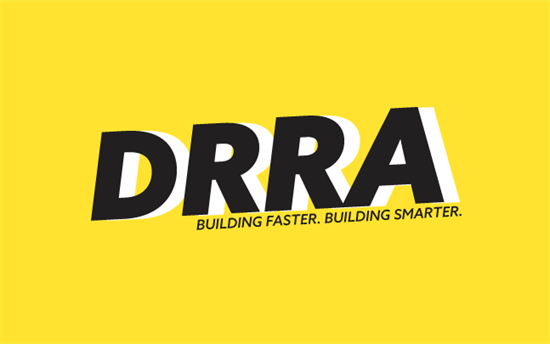In The News
ICYMI: Barletta in the Washington ExaminerLet's Outsmart Disasters Before They Strike
Let’s outsmart disasters before they strike By Rep. Lou Barletta – Thursday, May 3, 2018 The Washington Examiner It seems like you can’t turn on the TV without seeing some sort of disaster destroying communities, whether it’s a hurricane, earthquake, or wildfire. When disasters hit, families across the country work hard to rebuild their communities and reestablish their businesses. But government regulations get in the way, costing billions of dollars and risking too many lives. Last year, eight percent of the U.S. population was affected by at least one disaster – that’s 25 million Americans. During that one year, tens of billions of taxpayer dollars were spent on helping those people recover from the damage done by disasters including Hurricanes Irma, Harvey, and Maria, and the wildfires on the West Coast. This year, the Federal Emergency Management Agency received more disaster assistance registrations than for Hurricanes Rita, Wilma, Katrina, and Sandy combined. Our nation can’t afford to continue on this path. It’s not right to force future generations to foot the bill for our inability to fix our government’s flawed disaster recovery process. America needs a better system that saves lives and taxpayer dollars by building smarter and stronger before a disaster strikes. This is something I have pushed for nearly six years as Chairman of the House Transportation and Infrastructure Committee’s Economic Development, Public Buildings, and Emergency Management Subcommittee. Finally, people are listening. Last week, the U.S. House of Representatives again passed my bill, the Disaster Recover Reform Act, as part of H.R. 4, the FAA Reauthorization Act. Back in December, the House realized the importance of the reforms in my bill, and included them in a larger measure to provide funding for 2017 disaster victims. Unfortunately, the Senate removed the majority of my disaster reforms during negotiations between the two chambers, and they were not included in the final bill signed into law by the president. Without my bill’s commonsense approach to disaster spending in the U.S., current regulations will continue to promote a system where structures are rebuilt the exact same way after they are destroyed. If we know a community has a higher risk of being hit by a disaster again, why would we build back the same way that failed in the first place? Unfortunately, the way disaster recovery regulations are written, this is exactly what families and businesses end up having to do. Shouldn’t we rebuild a structure to resist high winds or elevate it out of a flood zone so that our communities are more likely to make it through a disaster unscathed, and taxpayers aren’t on the hook for the repairs? My bill does just that by incentivizing states and local governments to take steps to improve their infrastructure and invest in mitigation activities before disaster strikes. This not only helps save lives but also helps save your tax dollars. Studies show that pre-disaster mitigation will help the federal government save $4 to $8 on the back end for every $1 spent on the front end. I’ve seen firsthand how mitigation projects can benefit a community. In my own congressional district, the Bloomsburg flood wall was built to protect a business employing 700 people, which was at risk of shutting down due to catastrophic flooding. The project has been such a success that plans are in place to expand the project to protect homes, schools, and the town’s public works and fire department. I am proud to say that my disaster reform bill is a bipartisan effort. Many of my colleagues on the Transportation and Infrastructure Committee came to me with provisions based on the real-world experiences of their constituents, creating a bill that will truly help keep Americans safe. With the 2018 Hurricane season fast approaching, I urge my colleagues in the Senate to realize the critical need for these disaster recovery reforms and bring my bill to floor for consideration. Let’s work together to make sure another 25 million Americans aren’t the victims of disasters this year by getting the Disaster Recovery Reform Act to President Trump’s desk. As Ben Franklin once said, “an ounce of prevention is worth a pound of cure.” Rep. Lou Barletta (R-PA) is Chairman of the Economic Development, Public Buildings, and Emergency Management Subcommittee. To learn more about the Disaster Recovery Reform Act, visit our website at transport.house.gov/DRRA. |








